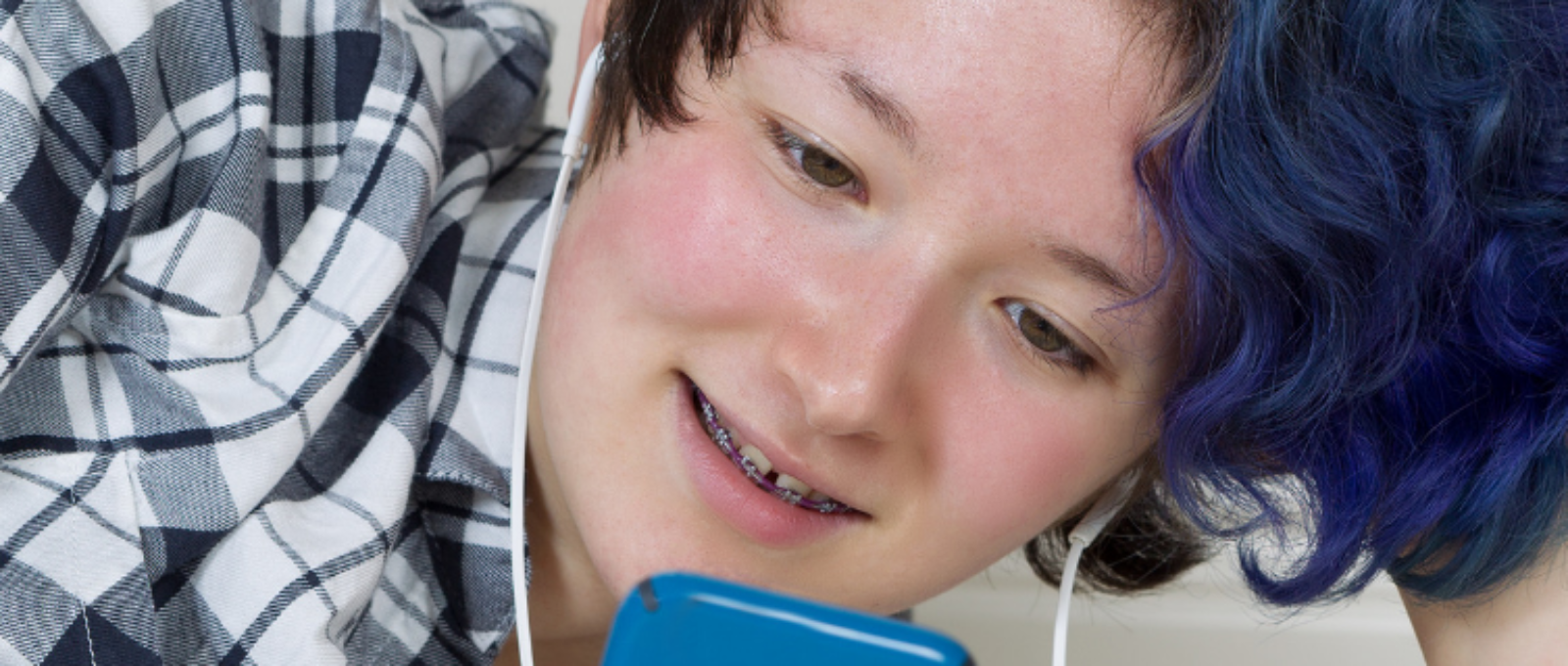I took away my teenager’s phone last weekend and she made it seem like I had destroyed her social life. She seems obsessed. What is the deal with teenagers and cell phones?
Maria, New Mexico

Think you can live for a week without your cell phone or the Internet? It’s might be tough. But for your daughter, and many other teenagers, it may impossible to even imagine. I’ve heard stories like yours over and over again across the country.
Giving up texting – for one week
A local news station recently followed an informal experiment at a Boys and Girls Club. The researchers – a supervisor at the youth center and the reporter who filed the report – attempted the impossible: convincing five teens to give up their cell phones, texting, e-mail, instant messaging, and social networking sites…for a whole week.
Here’s what some of the kids had to say in the midst of their media-less week:
“I get to interact in a way I haven’t interacted in a while.”
“I feel like a just got a chunk ripped out of me.”
“I kind of miss the feeling in my pocket.”
“I felt like I was going to die.”
“I’ve done a lot more, when I had my phone because I wasn’t always texting.”
At the end of the week, the teens all agree that the experience has been valuable. One boy joins a soccer team to stay busy. Another starts drawing again. But when the phones are given back, the look pretty relieved and all begin distractedly texting and checking their voicemail.
In my experience, that’s teenagers and cell phones in a nutshell: they know how distracting they can be, but if they have access to them, they can’t help themselves.
Connected or distracted?
Writer and author Linda Stone argues that our relationship with the cell phones in our pockets (among other things) can lead to a state of continuous partial attention – always on, anytime, anywhere, anyplace. Teens can become obsessed with not missing anything and are constantly scanning their facebook pages or phones for the latest news of connection. This hypervigilance can serve young people well by alerting them to new opportunities or information. On the other hand, we know that continuous complex multitasking can erode kids’ capacity to study and learn, drive safely, resolve conflict, and get the critical down time their brains need.
Research on teenagers and cell phones presented at the Annual Meeting of the Associated Professional Sleep Societies found that “teenagers who excessively use their cell phone are more prone to disrupted sleep, restlessness, stress, and fatigue.” This is something to watch out for given that teens send thousands of text messages a month.
Setting our kids up for success
Our kids will need many communication skills for success in the 21st century, both in school, on the job, and in life. Cell phones are wonderful tools, but kids also need time to focus, rest, hone their verbal communication skills, and learn self-reliance. It’s our job as adults to make sure that our kids have the range of experiences that will wire their brains for success in the 21st century, so they can have success, not just for a week, but for a lifetime.
This doesn’t mean that we should make all teens give up their cell phones. It does mean that we should establish some clear cell phone rules to get the most out of them.
Thanks,

Dr. Dave